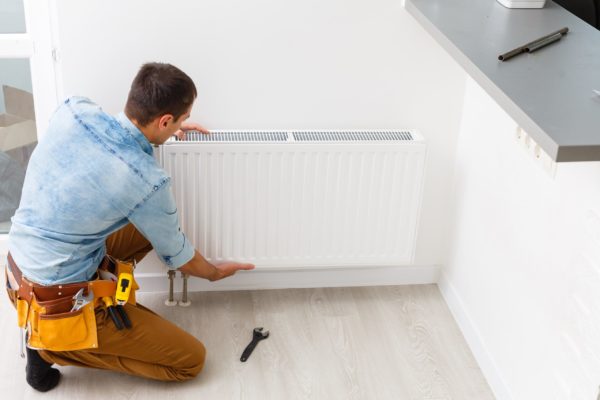
A lot of homeowners debate between a furnace or boiler when deciding how to heat their home. Each of these systems has pros and cons, but it ultimately comes down to what works best for your home.
Main Differences
A furnace uses forced hot air distributed throughout your home by air ducts. A boiler uses forced hot water distributed throughout your home by baseboards or radiators. As far as comfort, boilers can distribute air more evenly throughout your home. When it comes to convenience, furnaces can be combined with central air, so there isn’t a need to have extra ducts installed.
Which Is Cheaper?
Many homeowners choose furnaces since they are a lot cheaper than boilers. In some cases, the cost of the system and installation for a boiler can be 2 to 3 times more expensive than a furnace of comparable size.
Cost to Operate
Both systems tend to be about the same when it comes to energy efficiency. Most new boilers and furnaces can reach up to 95% energy efficiency. It costs slightly more to operate a furnace than it does to operate a boiler because some of the heat a furnace generates can escape if there are ducts in unconditioned spaces like the attic or garage. This requires the furnace to work more to heat the space.
Which Lasts Longer?
Both boilers and furnaces have a similar longevity of around 15 to 20 years. With regular maintenance, both systems may even be able to operate longer. Furnaces typically require a bit more maintenance than boilers because they are more susceptible to breakdowns. You also need to replace a furnace’s filter every 1-4 months depending on the type of system and the filters used.
Boilers and furnaces both have pros and cons that you’ll need to weigh before making a decision about what’s best for you. When you’ve made your decision, contact the professionals at J.J. Agnello Heating & Air Conditioning Inc in Erie, Pennsylvania for help with installation, maintenance, and repair. The team also provides duct cleaning, air purifiers, and indoor air quality services.

